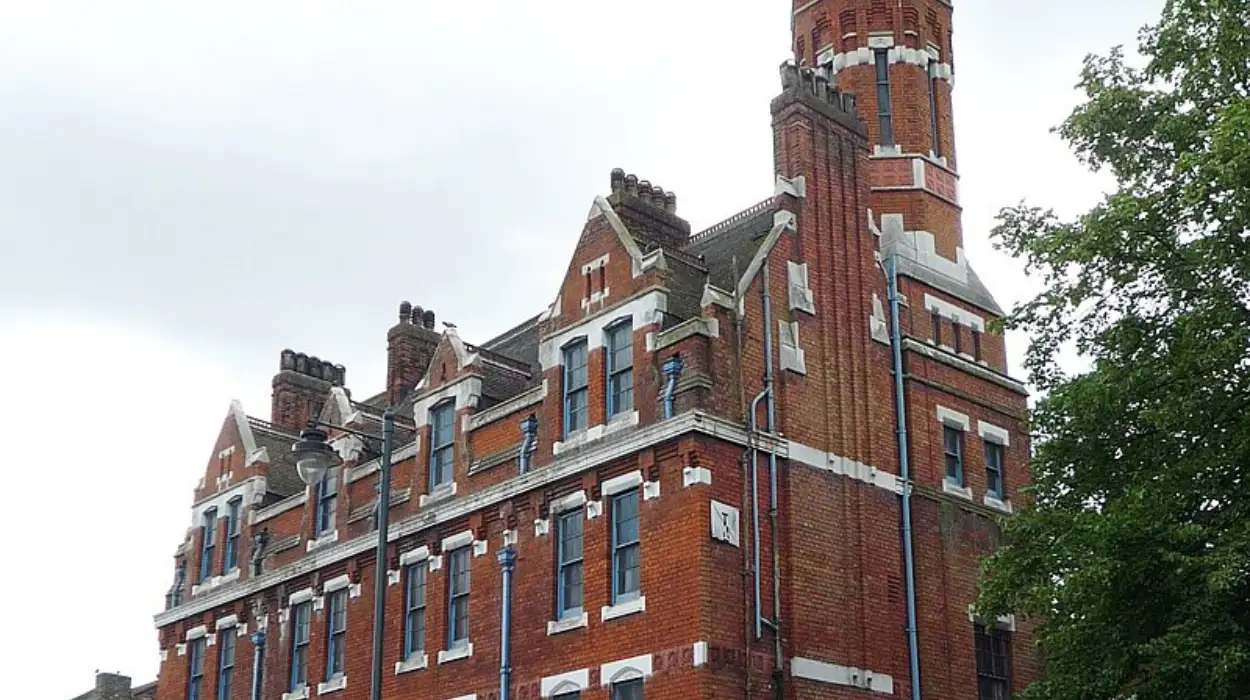Lambeth (Parliament Politics Magazine) – A Lambeth report warns rogue traders are “thriving” as trading standards teams face severe strain, raising concerns over consumer protection and enforcement.
With more than 318,000 residents and 13,000 enterprises, Lambeth only has two trading standards officers to look into anything from suspicious builders to unsafe toys. The borough has one of the lowest staffing levels of trading enforcement in the nation, despite being surrounded by busy market booths and high street businesses.
Comparing personnel numbers isn’t always realistic, though, since Lambeth has stated that “a number of duties that would be carried out by trading standards outside London such as food standards – are carried out by environmental health officers in Lambeth.”
In the meantime, Southwark, which is close by, has 3.8 employees per 100,000, which is the national median.
The council retaliated by claiming that the numbers do not accurately represent the number of new recruits being trained and that they had discovered a few high-profile incidents.
Councils’ trading standards teams are empowered to look into rogue traders and bring criminal charges against them. However, the paper notes that when these enforcements are overburdened, customers are left exposed to violations like falling prey to cowboy traders or purchasing possibly harmful cosmetics from unaffiliated vendors.
According to the analysis, all budgets reveal the same tale. Lambeth is one of several councils that spend less than £1 per person on trading standards, which is a small portion of what would be required for significant prosecutions or proactive inspections.
Other important tasks, such as combating fraudulent products, frauds, and dangerous weights and measures, are being deprioritized as a result of the underage sales of alcohol and vapes currently consuming a large portion of the limited resources.
Southwark Council’s Natasha Ennin, the cabinet member whose portfolio includes trading standards, praised the success of the local authority’s officers in pursuing rogue traders.
“Southwark is a borough brimming with all kinds of businesses, entrepreneurs and endeavours, which is part of what makes the area so vibrant and exciting. This does mean that trading standards teams who monitor business activities often have their hands full, ensuring traders are meeting required standards and consumers are protected,”
she said.
“We take this responsibility very seriously and the resources we put into this reflects that. Part of that resource includes training newer recruits who we hope will go on to lead for our team in the future, so while the results may not be immediately obvious, our resourcing and recruitment is done with a focus on the long-term.
Our trading standards teams have recorded numerous high-profile successes in recent years including a case of worldwide interest combating bogus Covid-cure claims by Bishop Climate, while Southwark has also seized the most cigarettes and rolling tobacco out of all London boroughs in 2024/25 – almost half a million cigarettes and 70kg of rolling tobacco.”
Lambeth council, when approached for comment, told the News:
“Lambeth is committed to ensuring the safest and fairest possible trading environment, in the interests of all our residents. Our Trading Standards team works hard every day to provide a high-quality service across a wide range of areas – including carrying out inspections to ensure the safety of all products on sale to the public, testing services, and enforcement.
The council is rejuvenating its trading standards scheme, and ensuring it is linked closely with licensing, food safety and health and safety, to make full use of all the powers available to us in protecting consumers throughout Lambeth.
We have been recruiting more staff to strengthen this work in recent months. In addition, a number of duties that would be carried out by trading standards outside London – such as food standards – are carried out by environmental health officers in Lambeth and therefore comparison of staff numbers is not always an accurate representation of the scale of our trading standards operation.”
How has Lambeth’s trading standards budget changed recently?
Recent working papers show that Lambeth has been struggling with underfunding and service cuts all around, including trading standards, with overall council spending being stretched because of increasing demands for social care and temporary accommodation.
The 2025/26 Revenue and Capital Budget showed some rises in overall funding for councils, but still limited investment in terms of trading standards for adequate enforcement services.
Lambeth has had structural underfunding, like almost all local authorities since 2010, with government grant funding to local councils in real terms dropping significantly, meaning a cut in front line services including trading standards.


